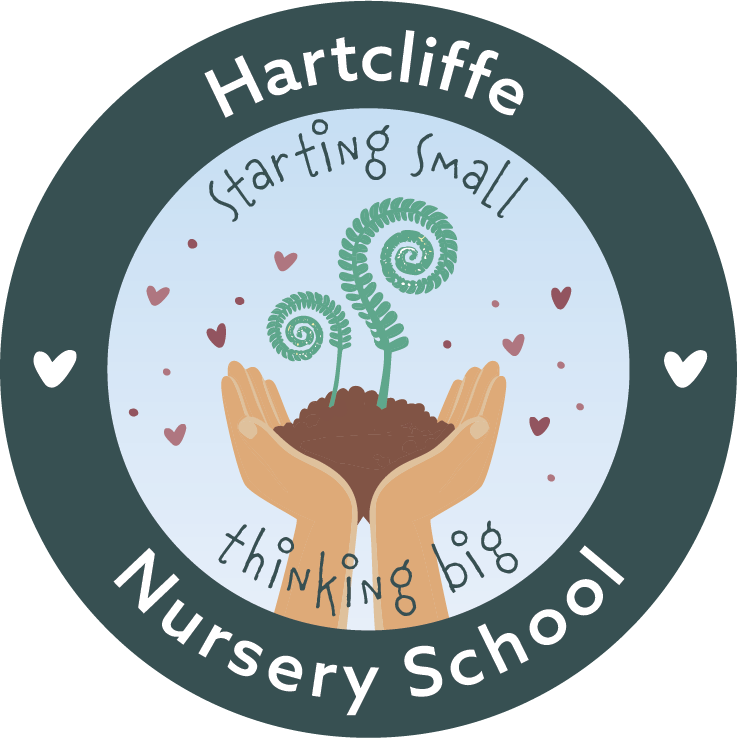Our Curriculum
We base our curriculum on the Early Years Foundation Stage (EYFS) framework which helps early years providers support children’s learning and development from birth to five years old.
We use it to support your child through planned, challenging, enjoyable and playful experiences. The EYFS sets out what all Early Years providers must do to make sure that your child learns and develops. It promotes teaching and learning to make sure that all children have the skills to get them ready to progress through school and future life.
The revised EYFS has seven areas of learning:
Three Prime Areas
- Personal Social and Emotional Development
- Communication and Language
- Physical Development
These three areas are our main focus in our Under 3s rooms (caterpillars and Owls) as these skills are fundamental for our children and the starting point for all other areas of learning.
Four Specific Areas
- Literacy
- Mathematics
- Understanding the World
- Expressive Arts and Design
Threaded through all the areas of learning, children will be using the Characteristics of Effective Learning.
Characteristics of Effective Learning
- Playing and Exploring
- Active Learning
- Creating and thinking critically
These characteristics will underpin your child’s learning and development and will help your child to remain an effective and motivated life-long learner.
We will let you know about your child’s learning in Nursery through their electronic journal, Tapestry.
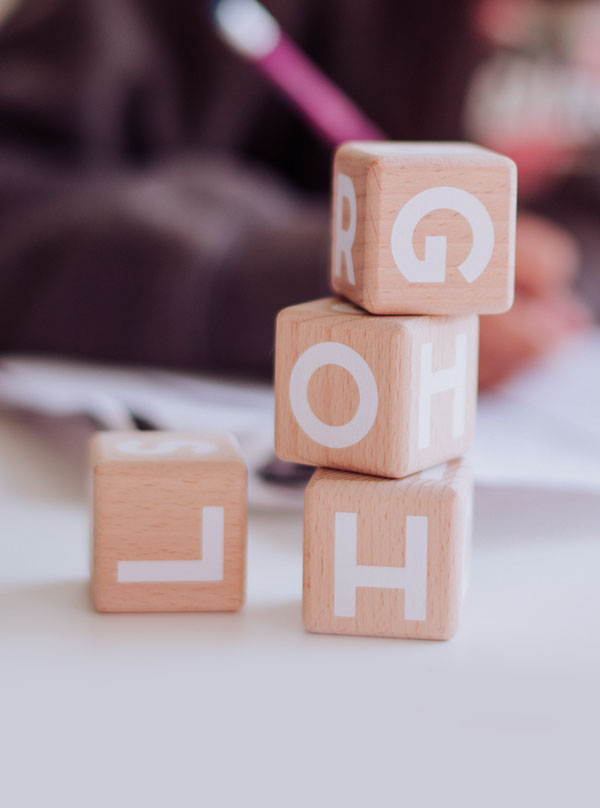
Hartcliffe Nursery School Curriculum Goals - Toolbox of Skills and Knowledge
Personal Social Emotional Development
Children’s personal, social and emotional development (PSED) is crucial for children to lead healthy and happy lives, and is fundamental to their cognitive development.
Underpinning their personal development are the important attachments that shape their social world. Strong, warm and supportive 9 relationships with adults enable children to learn how to understand their own feelings and those of others.
Children should be supported to manage emotions, develop a positive sense of self, set themselves simple goals, have confidence in their own abilities, to persist and wait for what they want and direct attention as necessary.
Through adult modelling and guidance, they will learn how to look after their bodies, including healthy eating, and manage personal needs independently.
Through supported interaction with other children, they learn how to make good friendships, co-operate and resolve conflicts peaceably. These attributes will provide a secure platform from which children can achieve at school and in later life.
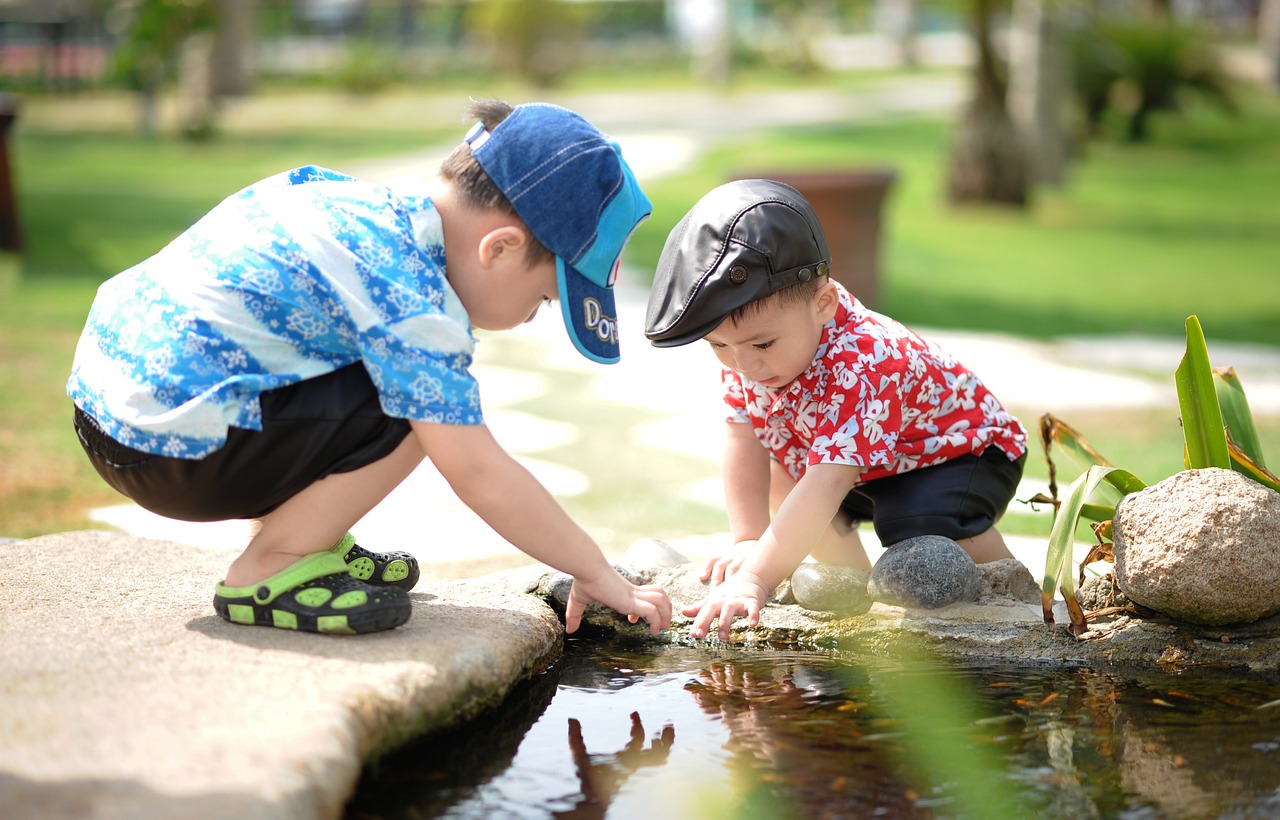
Default
Hidden
I Can Form Relationships - Community
- Positive sense of self/ self-worth.
- Secure attachments and sense of trust and belonging.
- Shows empathy, compassion and respect.
I Can Express and Manage My Feelings
- Expresses and names feelings.
- Develops co and self-regulation.
- Resolve conflicts peacefully.
- Can be patient and wait their turn.
I Can Take Care of Myself
- Dress and undress independently – can put on coat and zip it up.
- Use the toilet independently, staying clean and dry throughout the day.
- Clean teeth, wash hands.
- Shows responsibility and self-nurture.
I Try New Foods and Eat Healthily
- Uses senses to explore new foods.
- Knows likes and dislikes.
- Happy to try new foods.
- Enjoys and appreciates a variety of foods.
- Prepares healthy snacks.
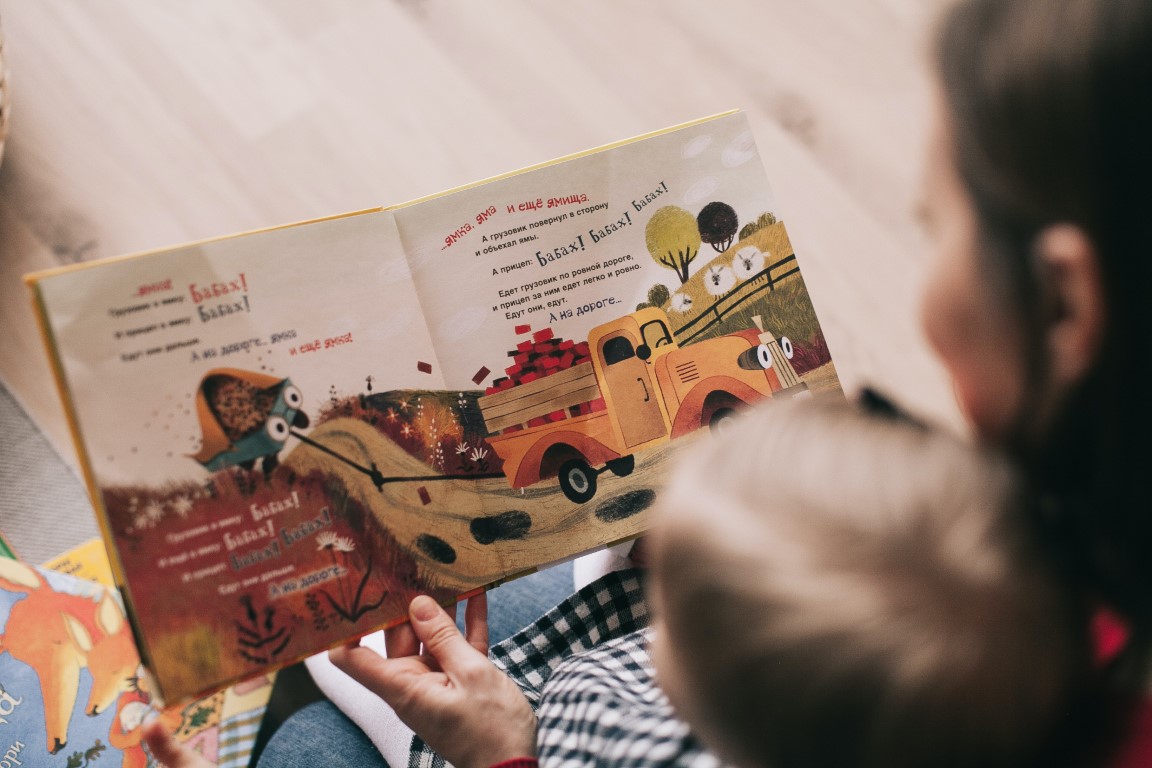
Communication and Language Development
The development of children’s spoken language underpins all seven areas of learning and development. Children’s back-and-forth interactions from an early age form the foundations for language and cognitive development.
The number and quality of the conversations they have with adults and peers throughout the day in a language-rich environment is crucial. By commenting on what children are interested in or doing, and echoing back what they say with new vocabulary added, practitioners will build children’s language effectively.
Reading frequently to children, and engaging them actively in stories, non-fiction, rhymes and poems, and then providing them with extensive opportunities to use and embed new words in a range of contexts, will give children the opportunity to thrive.
Through conversation, story-telling and role play, where children share their ideas with support and modelling from their teacher, and sensitive questioning that invites them to elaborate, children become comfortable using a rich range of vocabulary and language structures.
Default
Hidden
I Can Listen and Give Attention
- Sustains attentive listening.
- Responds to what they have heard.
- Takes turns and listens to others.
- Listens to stories and rhymes.
I Can Understand (Receptive Language)
- Understands ‘how’ and ‘why’ questions.
- Follows and understands stories.
- Understands and follows instructions containing sequence words; first, after.
I Can Talk in Sentences (Expressive Language)
- Joins in with story and rhymes.
- Uses talk to organise and clarify thinking, ideas, feelings and events.
- Uses language to recreate roles, remember, recall and retell stories.
- Begins to use more complex sentences ‘and, ‘because’.
I Can Hold a Conversation (Social Communication)
- Confident to speak with others.
- Initiates conversations.
- Shows awareness of the listener.
- Participates and interacts in a group.
- Explains knowledge and understanding.
Physical Development – Proprioception, Vestibular, Interoception
Physical activity is vital in children’s all-round development, enabling them to pursue happy, healthy and active lives. Gross and fine motor experiences develop incrementally throughout early childhood, starting with sensory explorations and the development of a child’s strength, co-ordination and positional awareness through tummy time, crawling and play movement with both objects and adults.
By creating games and providing opportunities for play both indoors and outdoors, adults can support children to develop their core strength, stability, balance, spatial awareness, co-ordination and agility.
Gross motor skills provide the foundation for developing healthy bodies and social and emotional well-being.
Fine motor control and precision helps with hand-eye co-ordination, which is later linked to early literacy.
Repeated and varied opportunities to explore and play with small world activities, puzzles, arts and crafts and the practice of using small tools, with feedback and support from adults, allow children to develop proficiency, control and confidence.
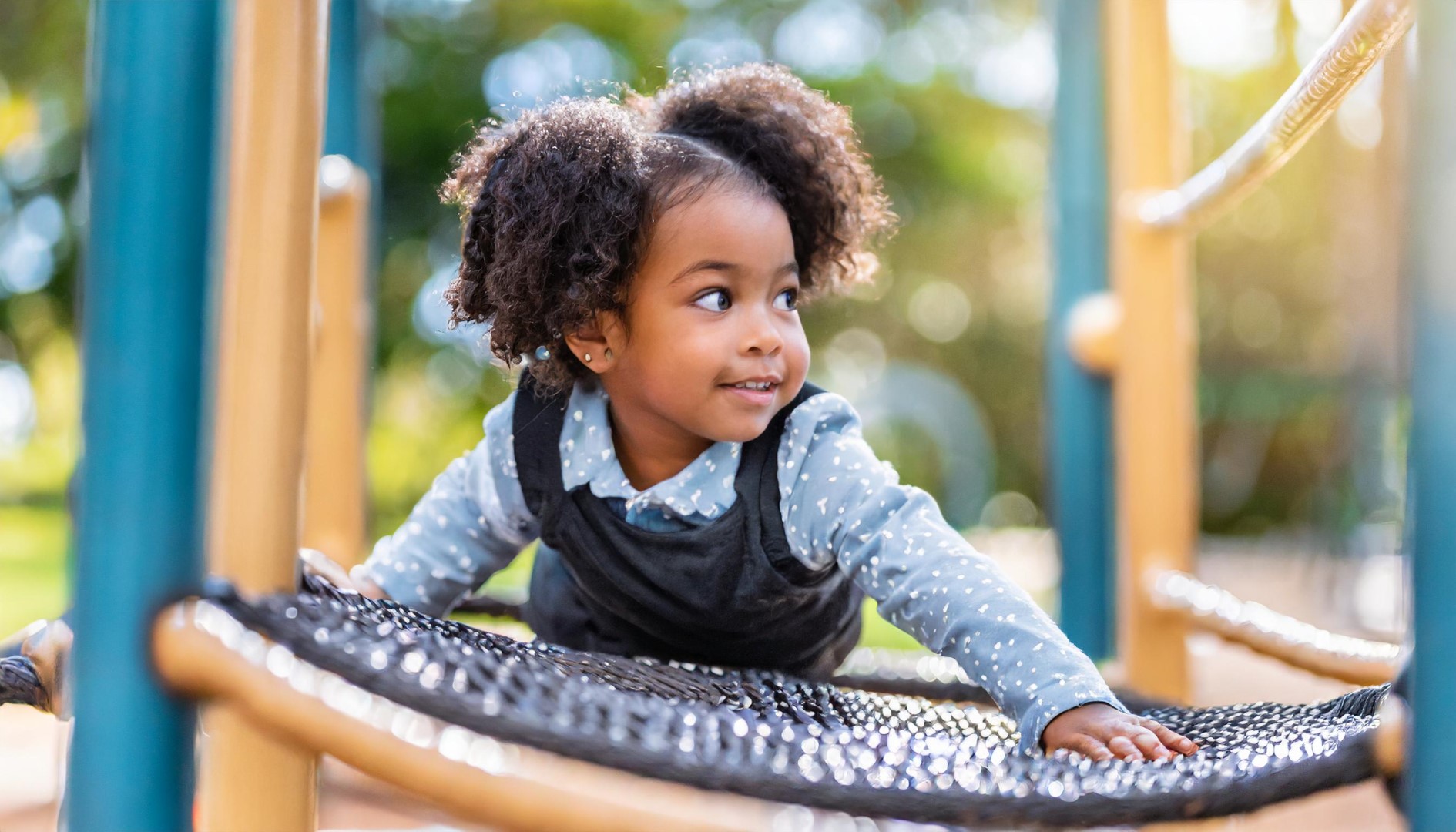
Default
Hidden
I Have Core Body Strength (Gross Motor Skills)
- Lift big, heavy objects.
- Be able to sit up, floor or chair.
- Pull self up when climbing.
I Can Use Tools With Precision
- Use a knife and fork.
- Cut with scissors.
- Manipulate pencil, paintbrush, hole punches, staplers, tape, and glue sticks.
- Twist, hammer, chop, pinch.
I Have Coordination, Balance and Agility
- Throw and catch a ball.
- Ride a bike/ scooter.
- Stability – balance on beams.
- Move around spaces and obstacle courses confidently and safely.
I Can Assess and Take a Risk
- Challenges themselves.
- Learns outside their comfort zone.
- Extends own learning.
- Risk as ‘intelligent behaviour’.
I Am a Confident Learner – Characteristics of Effective Learning
Default
Hidden
I Can Learn With Others (Collaboration)
- Collaborates with others.
- Can lead and follow.
- Builds on others’ play ideas.
- Empathises and listens to others.
- Learns from others through imitation.
I Can Play and Explore (Engagement)
- Has a can-do approach.
- Proud of own achievements.
- Perseveres and doesn’t give up.
- Resilience – bounces back from disappointment.
I Am an Active Learner (Motivation)
- Concentrates for extended periods of time. Absorbed in their learning.
- Is curious and asks questions.
- Solution-focused problem solver.
- Proud of achievements.
- Takes informed risk – is adventurous and courageous in their play/ learning.
I Can Think Creatively and Critically (Thinking)
- Has own ideas – uses imagination.
- Possibility thinking, ‘What if..?
- Makes links and builds theories.
- Ability to reason, ‘I think …because..’
- Makes plans and carries out ideas.
- Reflects, reviews and adapts approach.
Photo Credits
Image by Hai Nguyen Tien from Pixabay
Photo by Anthony Wade on Unsplash
